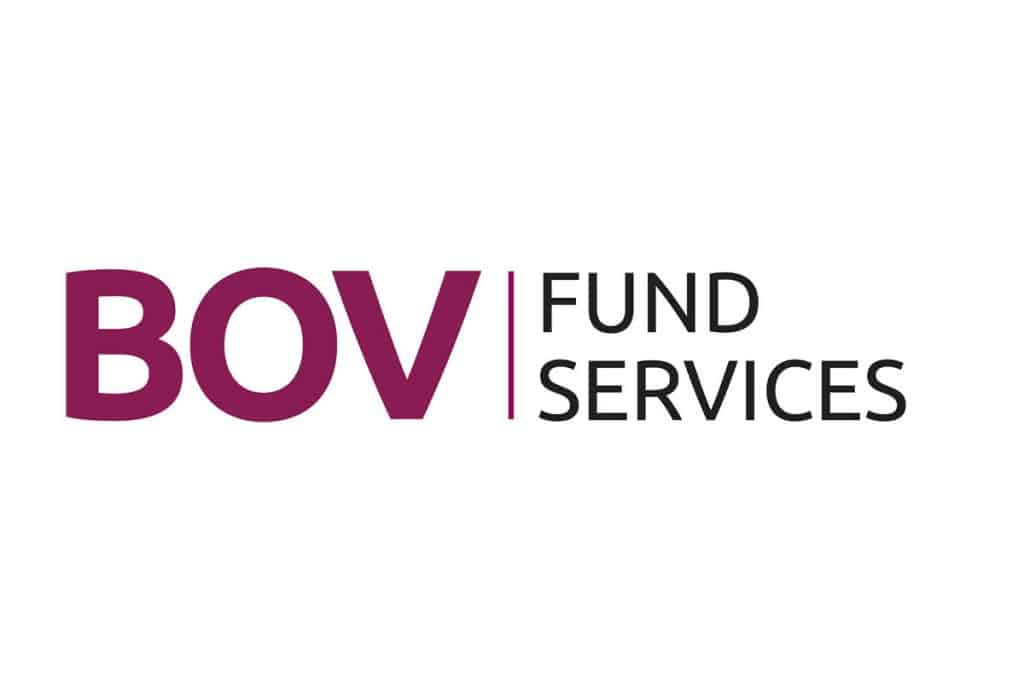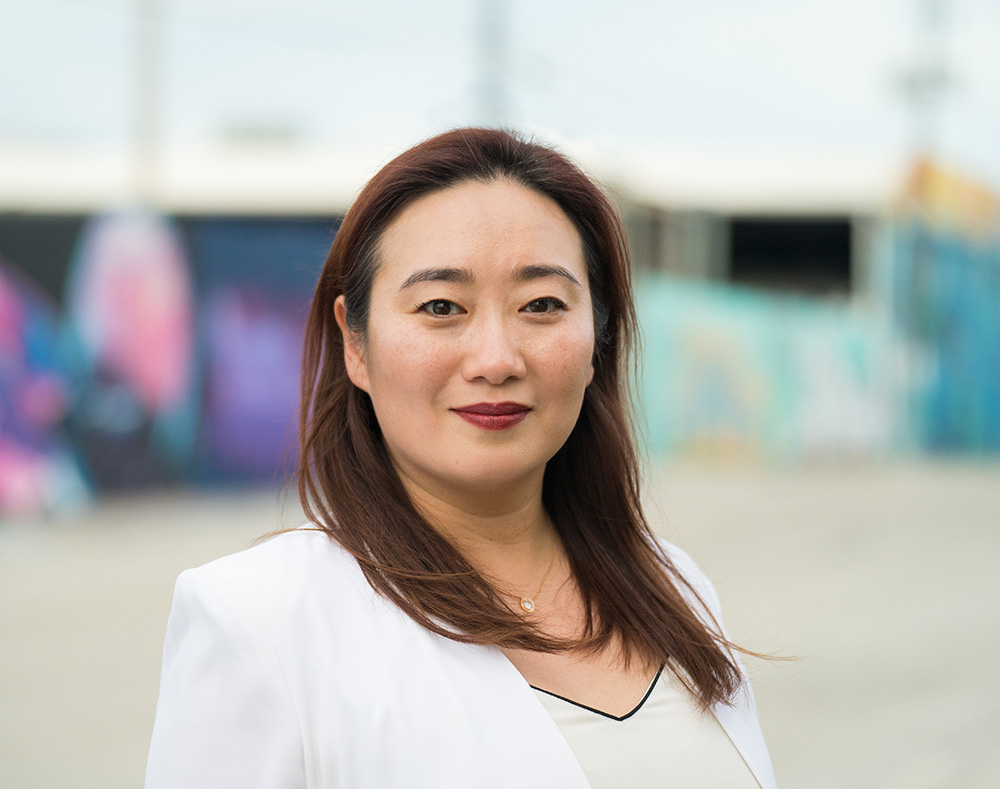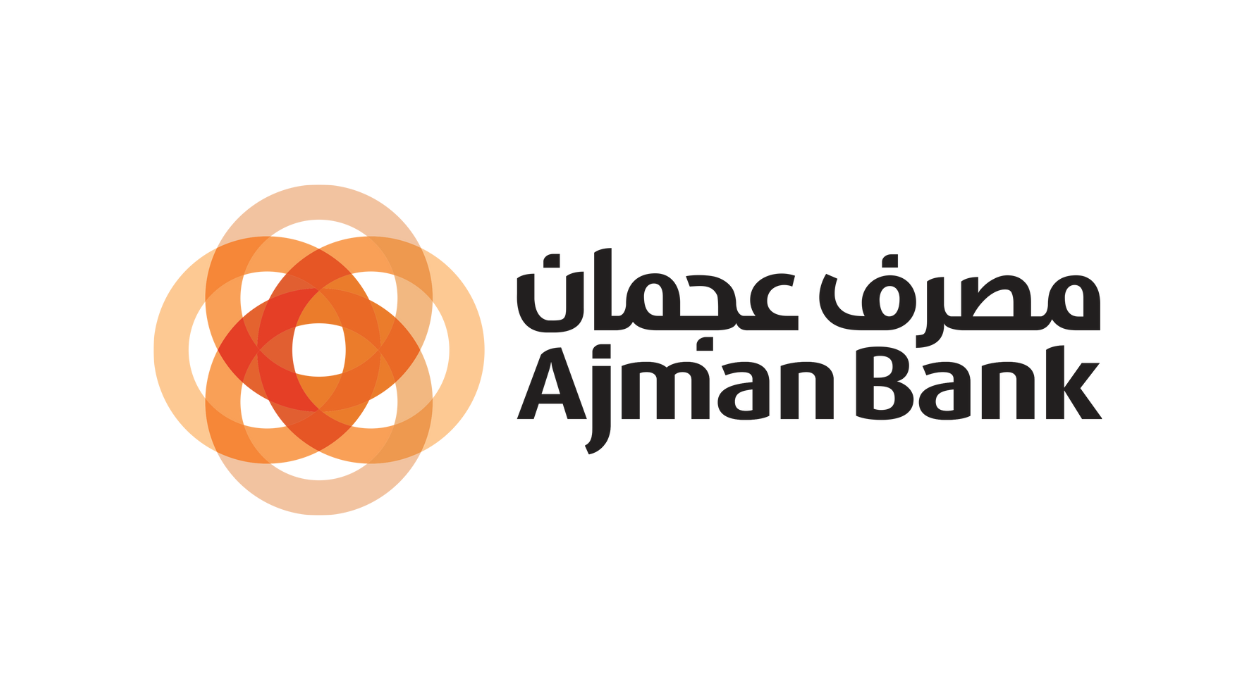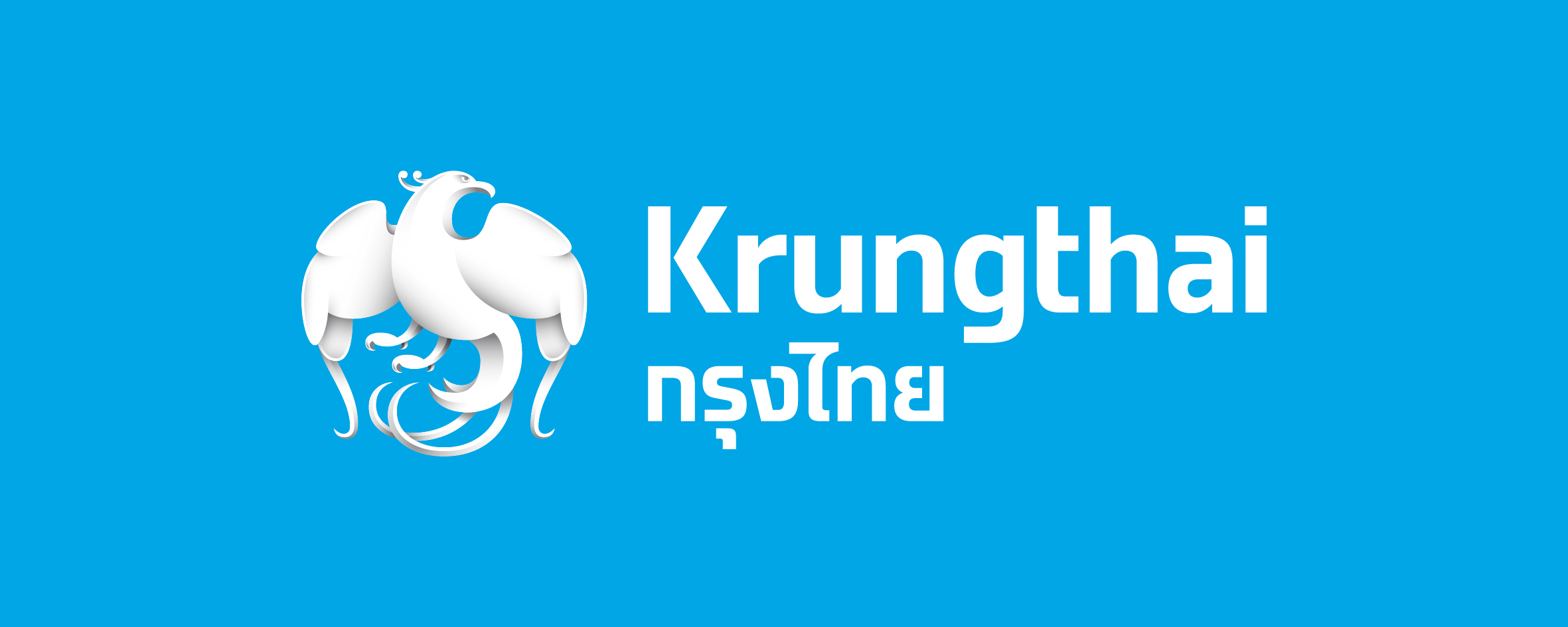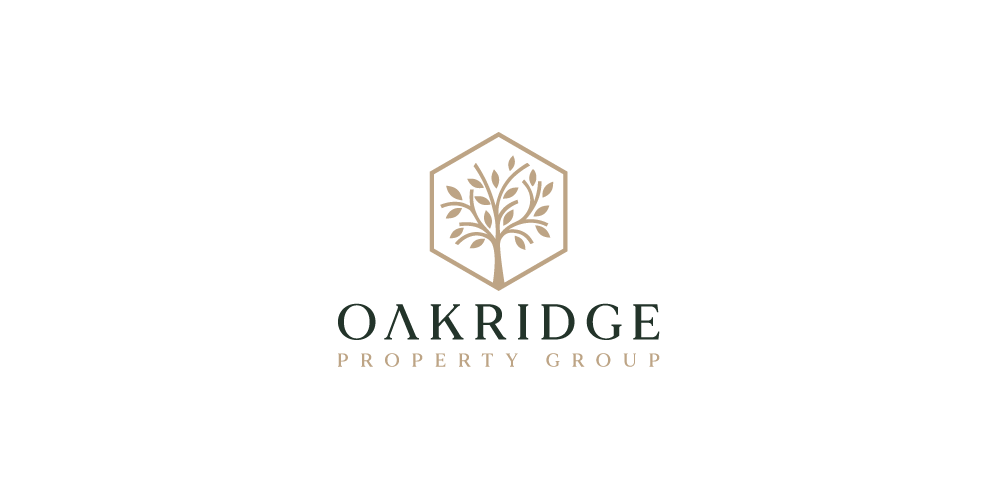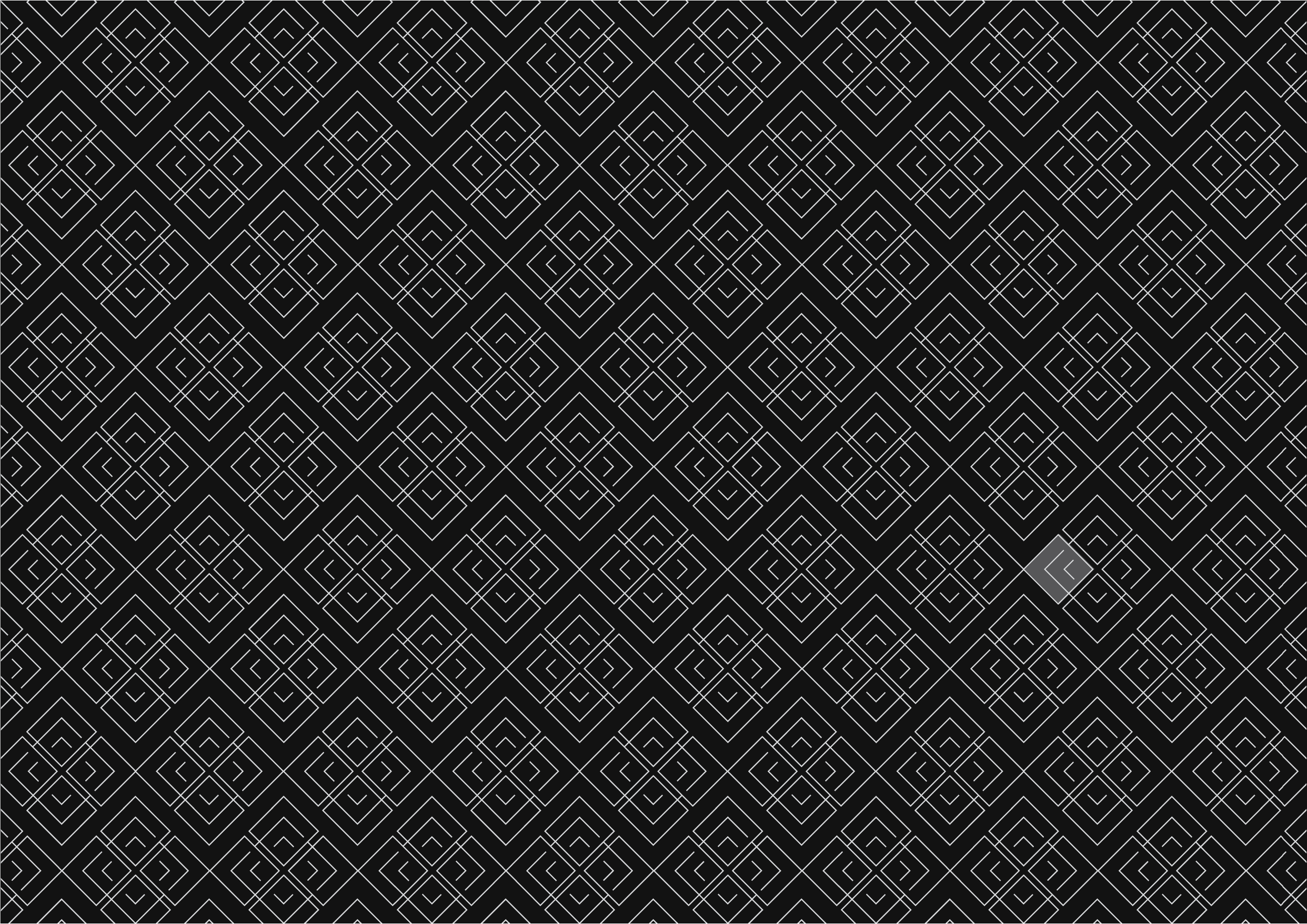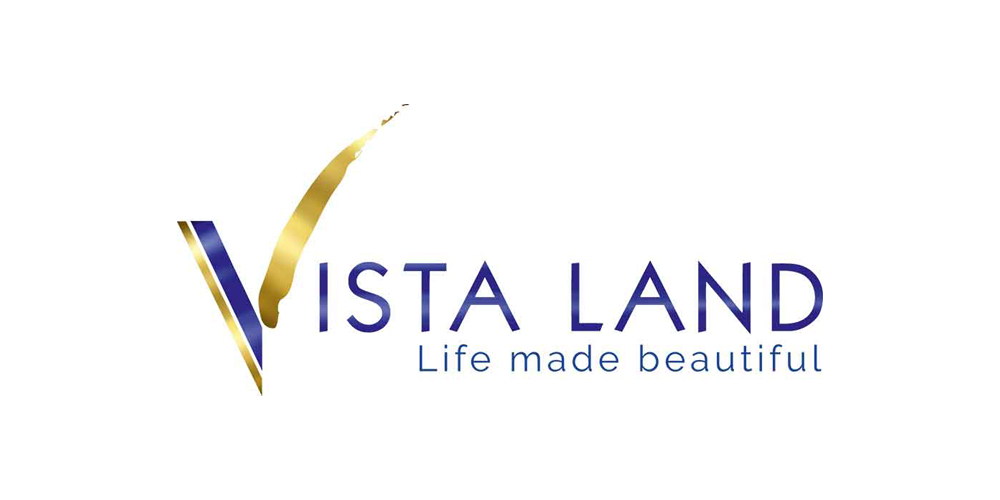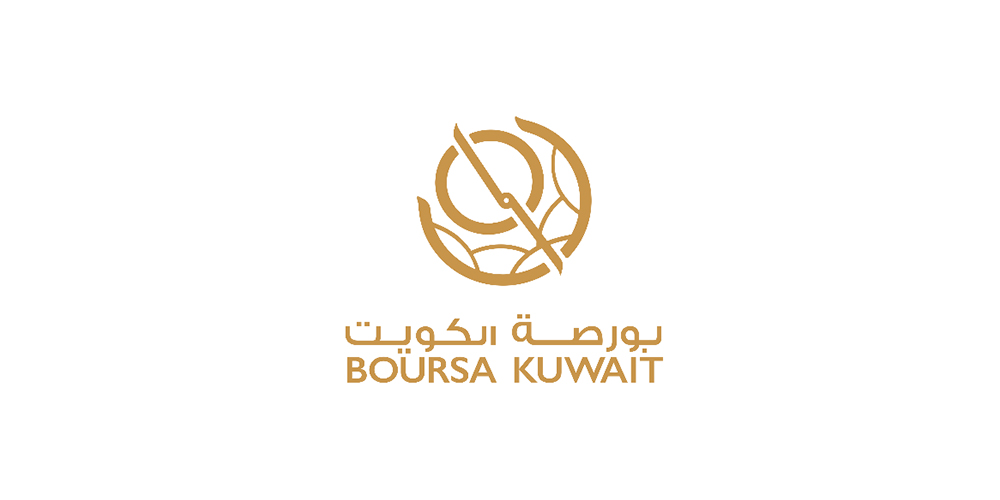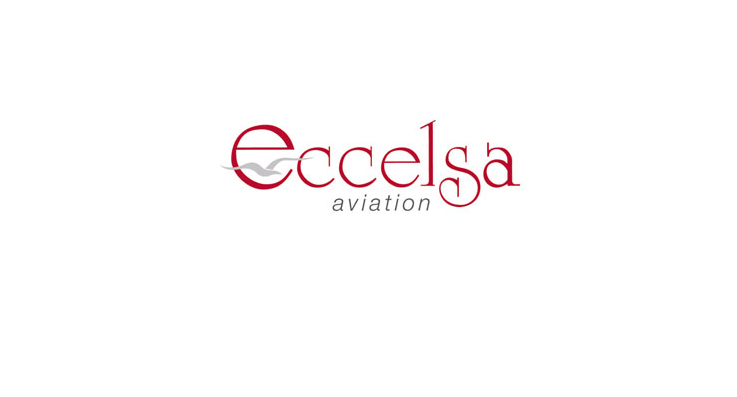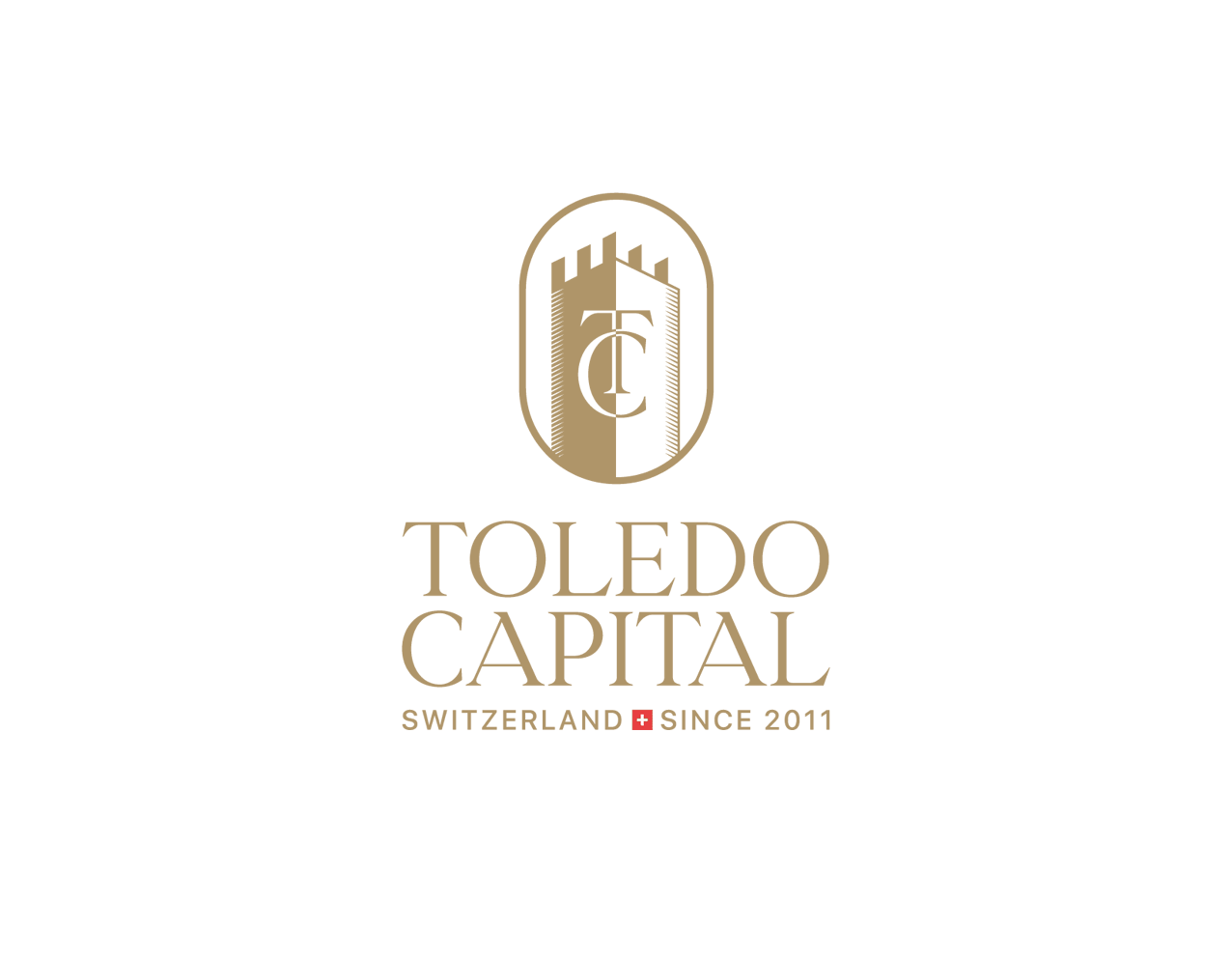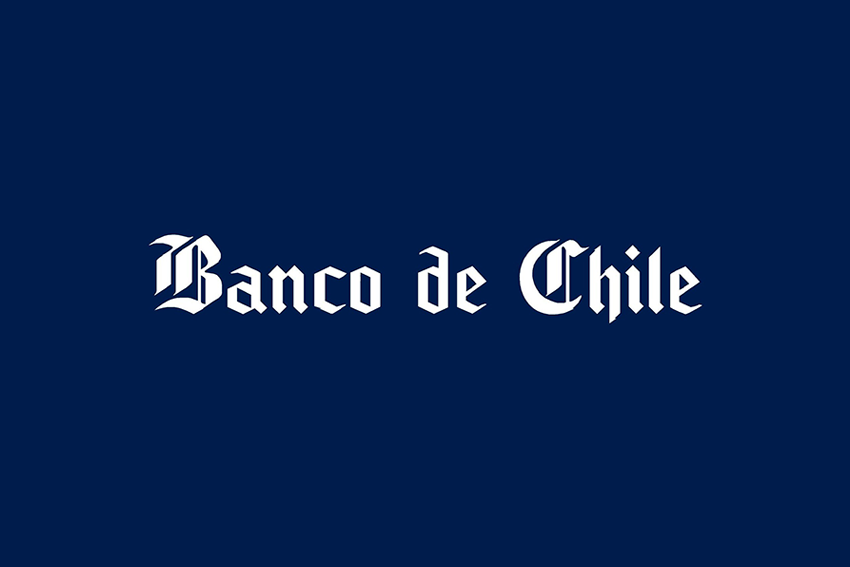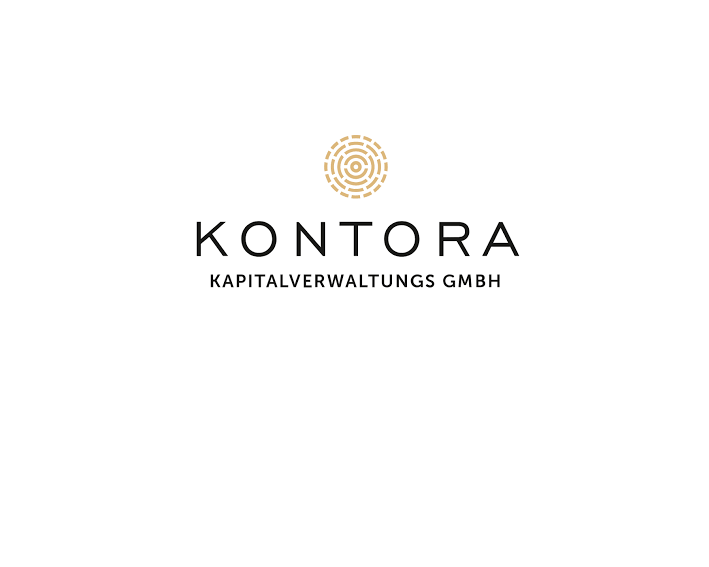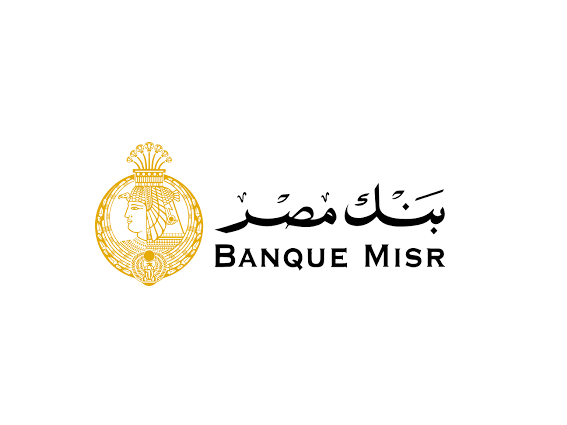Back to the Future: Why History Matters Now More Than Ever

Yasin Kakande
- Published
- Authors, Opinion & Analysis
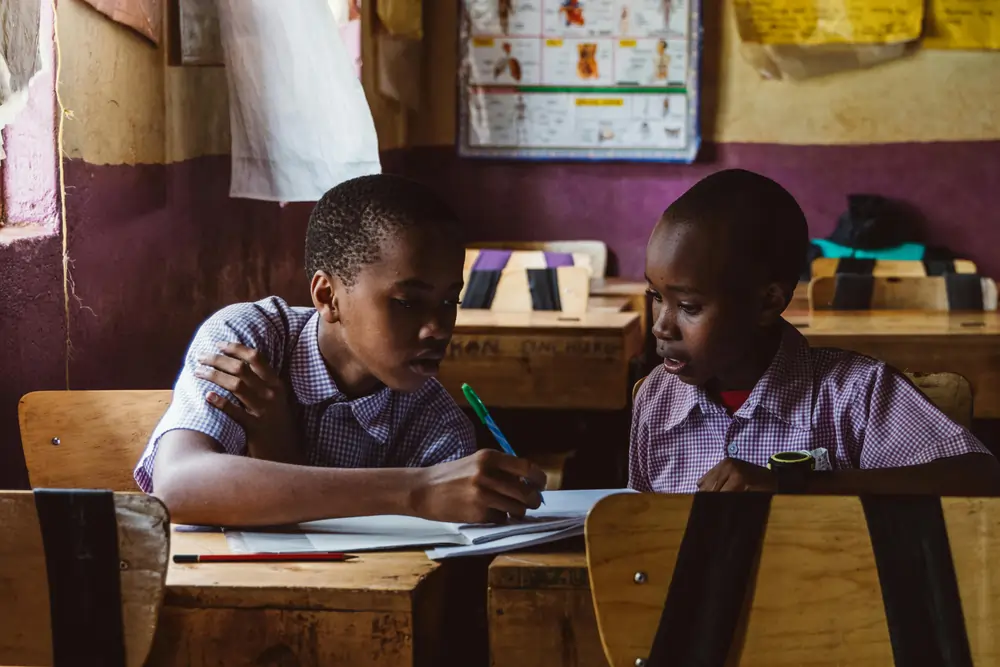
Understanding the inequalities of the past and the institutions that upheld them is crucial for creating a more equal society today, writes our U.S. correspondent Yasin Kakande
Taking a break from following the U.S. elections this week, I found myself scrolling through social media and came across an awards post from my old high school, Kawempe Muslim Secondary School in Uganda, celebrating life achievement awards for its teachers. I skimmed the list, searching for Mr. Paul Kitooke, my European history teacher. He had taught me with such depth and passion that his influence remains a cornerstone in my life to this day.
But to my dismay, his name was nowhere to be found.
This absence was jarring. In recent years, there’s been a heightened focus on the sciences over the arts, yet there were still some arts teachers on the list. Perhaps it was the nature of the subject itself—European History taught in an African school—that felt less relevant in retrospect. Yet Mr. Kitooke never taught European history as a mere set of dates and events. Instead, he brought it to life as a study of human nature and societal structures, using it as a mirror through which we could examine our own world. For Mr. Kitooke, European history was not an endorsement of colonial legacies but a way to better understand, and ultimately dismantle, lingering structures of oppression across Africa.
In our Senior Five classroom, Mr. Kitooke’s presence was magnetic. He was tall and slender, with glasses perched on his nose, his voice a mix of authority and warmth. His passion for history was palpable, and his teaching style unforgettable. In one of his more memorable lectures, he delved into Bismarck’s famous statement, “The great questions of the day will not be settled by speeches and majority decisions – but by blood and iron.” He’d pause before those last words, letting the weight of them sink in. Decades later, his voice still echoes in my memory, powerful and resonant. He was more than a teacher; he was an intellectual giant who dared us to see beyond what was immediately visible.
Mr. Kitooke was also unconventional in his approach to grading. When handing back our first papers, he called each of us to the front of the class. Standing before him, we had to read his notes aloud, identify our mistakes, and even explain our thought processes in front of everyone. His comments were blunt and unfiltered, aiming not to humiliate, but to teach. When it was my turn, he looked at my paper and sighed, “First, you have the worst handwriting in this class. If you want to pass, you’ll have to work on making it legible.” Then, without pause, he had me read a part of my essay aloud. “Another reason that Napoleon was able to rise to power in France and the rest of Europe was because there were no other strong men…” I trailed off under his steady gaze. He immediately cut in, “No examiner has time to wade through explanations looking for a buried point. Start with a clear statement, right at the beginning.”
It was a simple yet profound lesson in clarity and precision that transformed my writing. From that day forward, I understood that my arguments had to be direct and impactful, a discipline that has shaped my work as a journalist and analyst to this day.
Our class discussions were rigorous affairs, designed as training grounds for critical thought. Mr. Kitooke handed out questions a week in advance, making it clear that preparation was non-negotiable. Anyone who came unprepared was met with sharp critiques, but his feedback was always fair and aimed at developing us into sharper thinkers. These debates often evolved into spirited exchanges, with Mr. Kitooke playing devil’s advocate to push us further. He wanted us to not only know the material but also to defend our views with logic and conviction.
One memorable session involved the Balfour Declaration, which we analysed in depth as we examined the roots of the Israel-Palestine conflict. Mr. Kitooke made a provocative statement, suggesting that Palestinians might have been better off surrendering rather than resisting. This remark ignited the classroom, with nearly every student eager to voice an opinion. When he called on me, I posed a question that had been burning in my mind: “Uganda was once considered as a potential Jewish homeland. If it had been chosen, and Ugandans were forced to fight for their land, would you offer them the same advice—to surrender instead of resisting?” Mr. Kitooke listened, then brushed off our arguments as religiously biased, perhaps unaware that his Christian background could also colour his views. Still, he appreciated our courage to challenge him, respecting the debate as a space where we could refine our convictions.
Beyond historical events, Mr. Kitooke’s stories brought Europe’s complexities into focus. He talked about the social inequalities that plagued European societies, from the aristocrats who looked down on the poor to the callous dismissal of the hungry with phrases like “Let them eat cake.” For us Ugandan teenagers, the idea that Europeans—the “mighty” colonizers—faced poverty and struggle was eye-opening. Mr. Kitooke taught us that history is not a static subject; it is a testament to human resilience, failings, and the search for dignity in every era.
In preparation for my final exams, I remember a particularly intense assignment: a presentation on Metternich. I had over-prepared, using flowery language and grandiose phrases, aiming to impress. I started, “In the annals of European history, no statesman stood as a vanguard of the old European aristocracy quite like Prince Von Metternich…” The class erupted into laughter, and I noticed Mr. Kitooke hiding a smirk. Afterward, he critiqued me with his usual mix of candour and care. “It’s not about big words,” he said. “It’s about clarity and accuracy.” I took that lesson to heart, learning that simplicity often conveys strength.
Reflecting on my time with Mr. Kitooke, I realise that his influence went far beyond the walls of Kawempe Muslim Secondary School. He taught me history, yes. But he also cultivated a perspective that has guided my work and understanding of the world. His lessons on colonialism, nationalism, and the human quest for dignity have shaped my approach to journalism and intellectual inquiry. His name may not be on a school poster, but in my mind, he remains a giant—one whose legacy I carry forward in every story I write and every truth I seek.
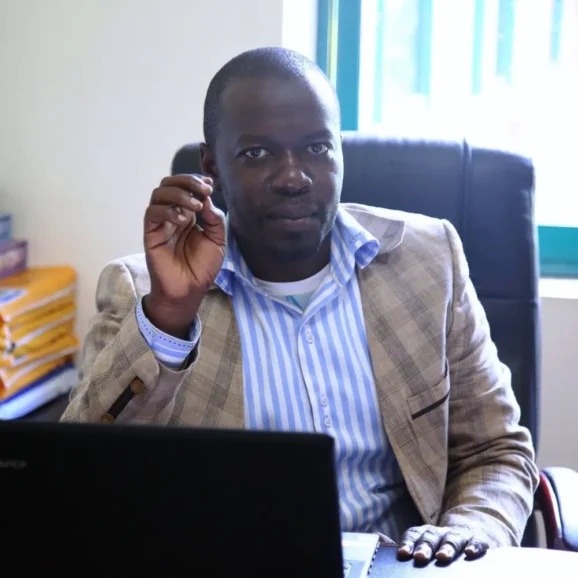
Yasin Kakande, pictured, is an international journalist, a TED Global Fellow, and the author of a number of critically acclaimed non-fiction books offering a fresh perspective on immigration and geopolitics, including Why We Are coming, and Slave States. As a migrant from Uganda now based in the US. following asylum, his journalism career spans international outlets including The New York Times, Thomson Reuters, Al Jazeera, The National, and The Boston Globe. His latest book, A Murder of Hate, is out now.
Main image: Courtesy Roman Odintsov/Pexels
RECENT ARTICLES
-
 Afore SURA awarded Pension Fund Management Company of the Year 2025
Afore SURA awarded Pension Fund Management Company of the Year 2025 -
 BOV Fund Services Limited wins in The European Banking & Finance Awards 2024
BOV Fund Services Limited wins in The European Banking & Finance Awards 2024 -
 Amberdata wins two titles in The European Banking & Finance Awards 2024
Amberdata wins two titles in The European Banking & Finance Awards 2024 -
 Ajman Bank wins in The European Banking & Finance Awards 2024
Ajman Bank wins in The European Banking & Finance Awards 2024 -
 Creditú wins three titles at The European Banking & Finance Awards 2024
Creditú wins three titles at The European Banking & Finance Awards 2024 -
 Krungthai Bank PCL wins five awards in The European Banking & Finance Awards 2024
Krungthai Bank PCL wins five awards in The European Banking & Finance Awards 2024 -
 Oakridge Property Group wins at The European Global Business Awards 2024
Oakridge Property Group wins at The European Global Business Awards 2024 -
 Old Mutual Investment Group wins two titles at The European Global Banking & Finance Awards 2024
Old Mutual Investment Group wins two titles at The European Global Banking & Finance Awards 2024 -
 AXA IM Select wins at The European Global Banking & Finance Awards 2024
AXA IM Select wins at The European Global Banking & Finance Awards 2024 -
 Zenith Bank Ghana wins five titles at The European Banking & Finance Awards 2024
Zenith Bank Ghana wins five titles at The European Banking & Finance Awards 2024 -
 SeABank awarded The Risk Management Bank of the Year - Vietnam 2024
SeABank awarded The Risk Management Bank of the Year - Vietnam 2024 -
 Vista Land & Lifescapes Inc. wins three titles at The European Global Business Awards 2024
Vista Land & Lifescapes Inc. wins three titles at The European Global Business Awards 2024 -
 Boursa Kuwait wins two titles at The European Global Sustainability & ESG Awards 2024
Boursa Kuwait wins two titles at The European Global Sustainability & ESG Awards 2024 -
 Gulf African Bank wins four titles at The European Banking & Finance Awards 2024
Gulf African Bank wins four titles at The European Banking & Finance Awards 2024 -
 Gulf Insurance Group awarded two Global Banking & Finance titles for 2024
Gulf Insurance Group awarded two Global Banking & Finance titles for 2024 -
 Eccelsa Aviation awarded three Global Business 2024 titles, including Best FBO Brand – Europe
Eccelsa Aviation awarded three Global Business 2024 titles, including Best FBO Brand – Europe -
 Afore Sura awarded Pension Fund Management Company of the Year 2024
Afore Sura awarded Pension Fund Management Company of the Year 2024 -
 Toledo Capital AG wins Best Boutique Wealth Management - Family Office 2024
Toledo Capital AG wins Best Boutique Wealth Management - Family Office 2024 -
 Banco de Chile awarded four Global Banking & Finance 2024 titles, including Bank of the Year - Chile
Banco de Chile awarded four Global Banking & Finance 2024 titles, including Bank of the Year - Chile -
 Kontora Family Office GmbH awarded Best Wealth Management Services - Germany 2024
Kontora Family Office GmbH awarded Best Wealth Management Services - Germany 2024 -
 Banque Misr awarded five Global Banking & Finance 2024 titles, including Best Banking Brand - MENA
Banque Misr awarded five Global Banking & Finance 2024 titles, including Best Banking Brand - MENA -
 Krungthai Bank PLC wins five awards in The European Banking & Finance Awards 2023
Krungthai Bank PLC wins five awards in The European Banking & Finance Awards 2023


